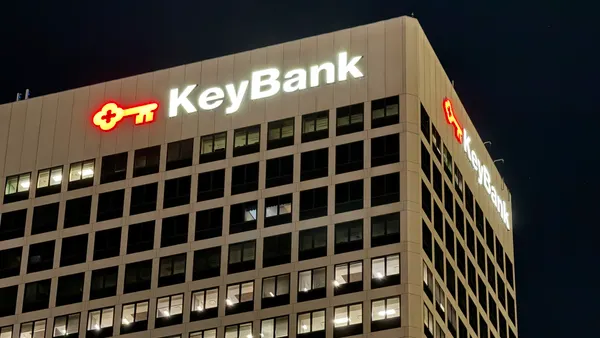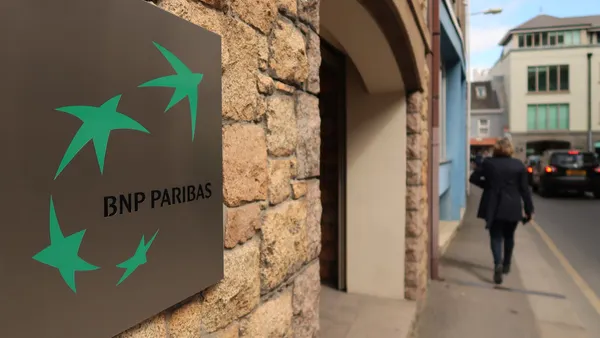A federal judge on Thursday denied – on a technicality – the motion to reduce Ripple’s penalty by $75 million in its long-running case against the Securities and Exchange Commission.
The motion should have been filed as a request for relief from final judgment under Rule 60, which demands the parties demonstrate “exceptional circumstances,” Judge Analisa Torres of the U.S. District Court for the Southern District of New York noted.
“By styling their motion as one for ‘settlement approval,’ the parties fail to address the heavy burden they must overcome to vacate the injunction and substantially reduce the Civil Penalty,” Torres wrote. “The parties have made no effort to satisfy that burden here; their request does not even mention [Rule 60].”
Ripple Chief Legal Officer Stu Alderoty maintained confidence that the settlement would work out.
“Nothing in today’s order changes Ripple’s wins (i.e. XRP is not a security, etc). This is about procedural concerns with the dismissal of Ripple’s cross-appeal,” Alderoty wrote Thursday on X. “Ripple and the SEC are fully in agreement to resolve this case and will revisit this issue with the Court, together.”
Other observers of the space perhaps saw a more underlined warning.
“Not liking the ‘heavy burden’ vibes,” wrote X commenter Lyra Bytes, a New Zealand-based founder of DualHelix Capital.
Fred Rispoli, an attorney and founder of HODL Law, noted that Torres “did NOT say she would deny a procedurally proper [motion] but what I read between the lines is the parties are going to need to BEG, I mean BEG, for relief.”
Torres gave Ripple and the agency each a partial win in July 2023, ruling that the sale of Ripple’s token, XRP, on public exchanges didn’t violate federal securities laws, but that XRP was a security when sold to institutional investors.
She ordered Ripple last August to pay slightly more than $125 million in penalties – far less than the nearly $2 billion the Biden-era SEC sought in its case that had stretched back to December 2020.
Ripple and the decidedly less punitive Trump administration SEC filed a motion last week asking Torres to dissolve the injunction she ordered in August, releasing the $125 million penalty that is held in escrow. The SEC would then keep $50 million of that. The rest would be returned to Ripple.
Former federal prosecutor James Filan wrote on X last week that, for the case to be resolved, Torres first must agree to the settlement. Then, the SEC and Ripple would ask the Second Circuit Court of Appeals for a limited remand back to Torres, which, if granted, would spur another motion to be filed for the agreed settlement.
Torres on Thursday noted the jurisdictional musical chairs.
“If jurisdiction were restored to this Court, the Court would deny the parties’ motion as procedurally improper,” Torres wrote Thursday.
Rispoli further interpreted Torres’ order.
“She didn’t say don’t waste my time with another ruling, but she clearly indicated the next filing better be filled to the brim with reasons why she should grant it,” Rispoli wrote.
Rispoli said he expected the SEC and Ripple to refile their motion “soon.”











